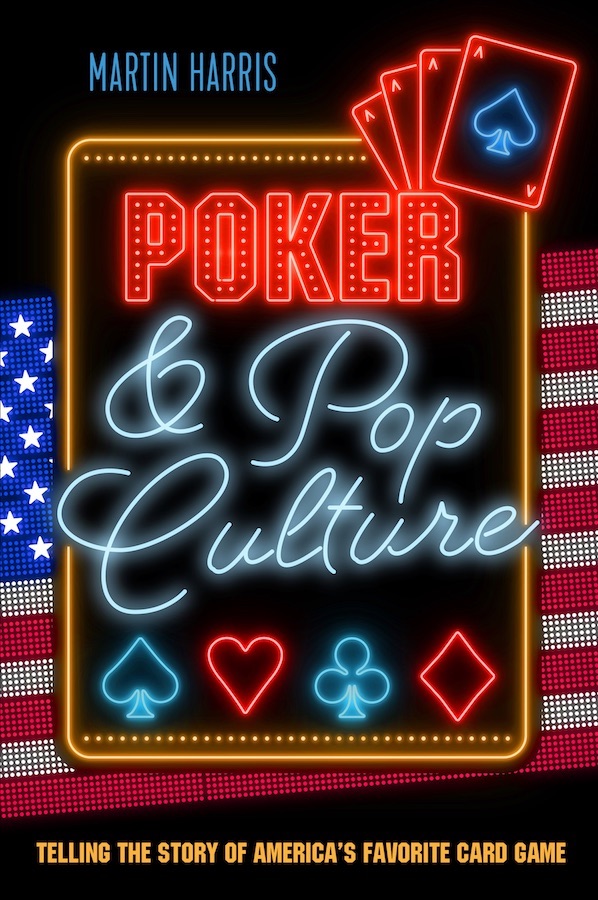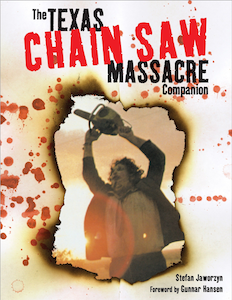Assuming the Worst
 This week’s installment of Card Club on Lord Admiral Radio (an entertaining, informative podcast primarily aimed at the lower limit player) featured the conclusion of Episode 19 of Columbo’s “One Minute Mystery,” titled “The Case of the Clichéd Players.” If you haven’t heard ’em, Columbo’s OMMs generally come in two parts, and usually the Card Club guys make us wait a week to find out how each OMM turned out for Columbo. (See my earlier review of Card Club for more about both the show and the OMMs.)
This week’s installment of Card Club on Lord Admiral Radio (an entertaining, informative podcast primarily aimed at the lower limit player) featured the conclusion of Episode 19 of Columbo’s “One Minute Mystery,” titled “The Case of the Clichéd Players.” If you haven’t heard ’em, Columbo’s OMMs generally come in two parts, and usually the Card Club guys make us wait a week to find out how each OMM turned out for Columbo. (See my earlier review of Card Club for more about both the show and the OMMs.) “The Case of the Clichéd Players” generated a thoughtful discussion on the Card Clubs forum that was continued on the show once the hosts played the second part of the OMM. An issue that arose -- really the main issue of significance, I’d say -- concerned the quality of play in online, low buy-in, multitable tourneys. In the hand, Columbo faced what appeared to be some very loose, very questionable betting and calling before and after the flop. Having to make a tricky post-flop decision, Columbo decided he was up against a couple of inexperienced and/or inexpert players and so acted accordingly. It turned out well for him, with his correct assumption that his two opponents were playing the hand poorly allowing him to triple up.
The OMM and the discussion surrounding it got me thinking a bit about how easy it is to underestimate one’s opponents at the table. I essentially agreed with Columbo’s cogitatin' in this here situation -- the minimum raises and calls of big bets by his foes did seem to indicate the likelihood that he was up against some untutored adversaries. It is easy, though, to fall into the trap of “assuming the worst” about the level of one’s opponents’ abilities, especially in these low buy-in tourneys or in low limit cash games. I know I’m guilty of making such assumptions -- sometimes on scant evidence -- and usually end up paying the price when an apparent donk turns out to be more crafty that I had realized.
In some of my recent posts I may have given the impression that I’m the only sane one at a table of lunatics -- that all of the other players at these low limits are operating at less than full capacity, thereby giving me the right to sit back and judge their awful play. Such is hardly the case. Looking back at the three hands I shared in “Life in the Land of the Blue Chips,” I can certainly question the level of my own thinking in a couple of instances (particularly “Hand 1” where I recklessly ride big slick to the bottom of the river). While those hands all certainly demonstrate some unorthodox play, none of them can be taken as irrefutable evidence that those involved (even me) are bad players. Indeed, the fellow in “Hand 1” (Underpants) who preraised with 82-suited could well have been pursuing a simple blind steal, was caught (with his pants down, so to speak) by my BB reraise and had to call, then fortunately flopped two pair and turned the boat. If I proceed from that point assuming he’s preraisin’ with any ol’ suited crap, I’m likely gonna be donating even more to his stack.
In Small Stakes Hold ’em, Miller/Sklansky/Malmuth make two sets of recommendations regarding starting hand selections, one for a “loose” table (where 6-8 players are seeing the flop) and one for a “tight” table (where only 3-5 players see the flop). When first arriving at a low limit hold ’em table where you don’t know any of the players, they recommend presuming you are at a loose table and continuing to think that way until proven otherwise. This advice goes against conventional wisdom, actually, which says to begin cautiously and try to learn about your opponents’ tendencies before mixing it up. However (argue Miller/Sklanskly/Malmuth), “at the small stakes there are so many confused and poorly-skilled players that failing to play extra hands should prove more costly those times when you should play them than they will save you those times you should throw them away.”
Notice that the authors are not saying to assume you are up against bad players -- rather, they say to assume you are up against loose players (implying, perhaps, that one or two or more might in fact be “poorly-skilled” enough to pay you off if you time things well). When I first arrive at a low limit table I try to follow the trio’s advice and assume it’s a loose table, but also try to avoid assuming the players are clueless. In fact, I attempt to give them all credit for knowing what they’re doing -- again, until they make a play that cannot possibly be interpreted as an intelligent one. In truth, I usually find it better policy to assume the worst about my own hand -- not about my opponents’ abilities -- and let folks showdown a few bottom pairs or busted draws to me before concocting any overly-elaborate theories about them.
If you haven’t done so, do check out Card Club and the OMMs. I always liked the Columbo TV series, where “who done it” was usually less of an issue than how it was done (and how Columbo is going to figure it all out). We all know the murderer will be caught in the end, so the result matters less to us than the process by which the result was achieved. The OMMs tend to operate similarly. It (usually) doesn’t matter so much how the hands turn out; what matters is process, that is, the thinking that leads to -- hopefully -- correct decision-making. And a big part of such correct decision-making is not assuming your opponents all think they’re playing blackjack.
Image: Edvard Munch, The Scream (1892) and Tom Neal from the 1945 film Detour (adapted), public domain (both).
Labels: *shots in the dark, Card Club on Lord Admiral Radio, Columbo, David Sklansky, Ed Miller, Mason Malmuth, Small Stakes Hold 'em













0 Comments:
Post a Comment
<< Home